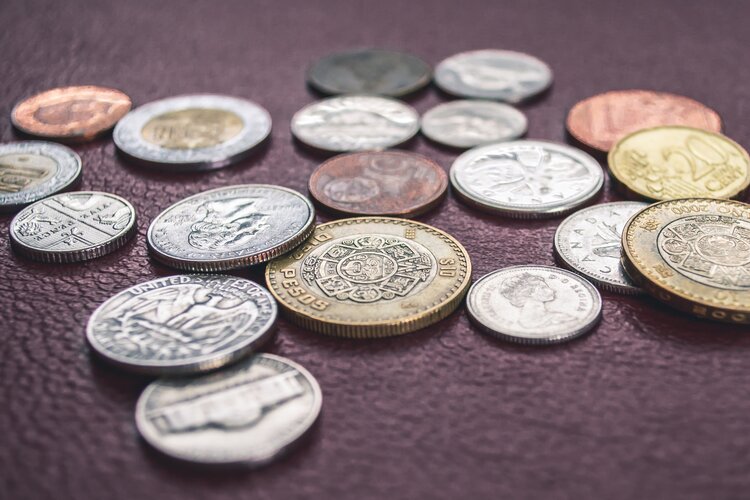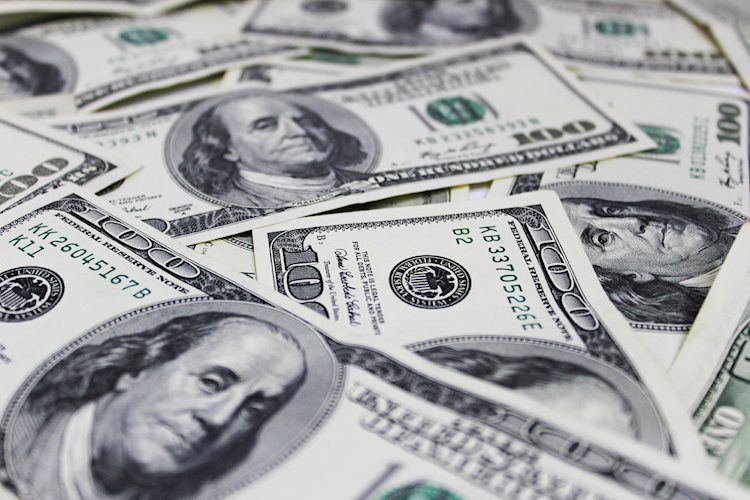The president of the Bank of Japan (BoJ), Haruhiko Kuroda, said this Wednesday (25) that the Asian country is registering a slower recovery in aggregate demand than the United States and Europe, in addition to a less severe picture of supply bottlenecks. .
In a speech at a conference organized by the Institute for Economic and Monetary Studies, Kuroda also stressed that wages have advanced in the island nation, but at a “moderate” pace.
“Given these differences in supply and demand effects, the appropriate monetary policy response will also differ across countries,” he commented.
The leader highlighted that another challenge on the radar of central banks in the world is the increase in geopolitical risk, amid the war in Ukraine. According to him, the picture boosts inflation and undermines confidence in economic activity.
“If views on geopolitical risk were to change permanently, it could have a long-term impact on the global economy through structural changes in trade and capital flows,” he said.
As the Federal Reserve (Fed, the US central bank) advances in the process of raising interest rates and the European Central Bank (ECB) prepares to follow it in the third quarter, the BoJ insists on relaxed policy, in a scenario of less sharp inflation than developed peers.
Government of Japan will ask BC to achieve inflation target in a sustainable way
Japan’s government will ask the central bank to meet its 2% inflation target in a “sustainable and stable” manner, the outline of its long-term framework seen by Reuters on Wednesday showed.
This was a change from the current profile, which expresses the hope that the Bank of Japan will maintain an ultra-loose policy to achieve the 2% inflation target.
A war-driven increase in commodity prices in Ukraine pushed core inflation in Japan, which excludes fresh food but includes energy costs, to 2.1% in April — exceeding the central bank’s 2% target for the first time in seven years.
Analysts expect consumer inflation to remain around 2% for most of this year as more companies pass higher costs on to households through price increases. But overall demand remains weak.
The language adjustment underscores the government’s hope that the Bank of Japan will keep interest rates low until there are more clues that the expected rise in inflation will be sustained, rather than responding to rising prices now with an immediate tightening.
“The government will continue to conduct a flexible macroeconomic policy…with a framework that combines a bold monetary policy, a flexible fiscal policy, and a growth strategy aimed at fostering private investment,” the draft said.
“We expect the Bank of Japan to achieve its 2% inflation target in a sustainable and stable manner, with an eye on economic, price and financial developments,” he said.
*With information from Reuters
Source: CNN Brasil
I am Sophia william, author of World Stock Market. I have a degree in journalism from the University of Missouri and I have worked as a reporter for several news websites. I have a passion for writing and informing people about the latest news and events happening in the world. I strive to be accurate and unbiased in my reporting, and I hope to provide readers with valuable information that they can use to make informed decisions.






